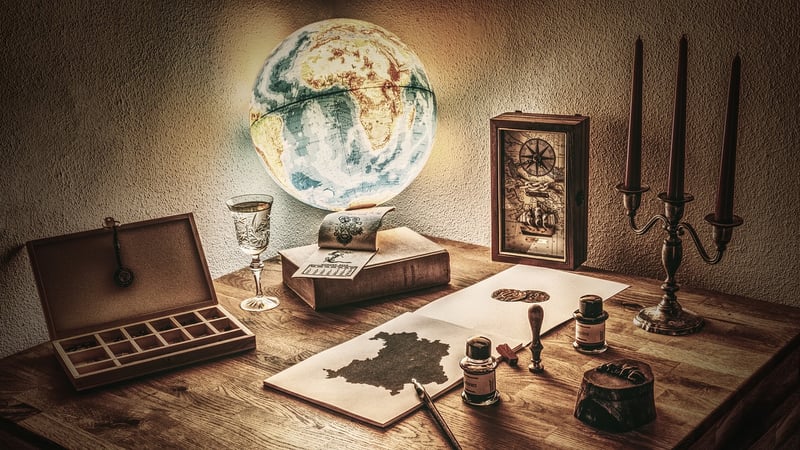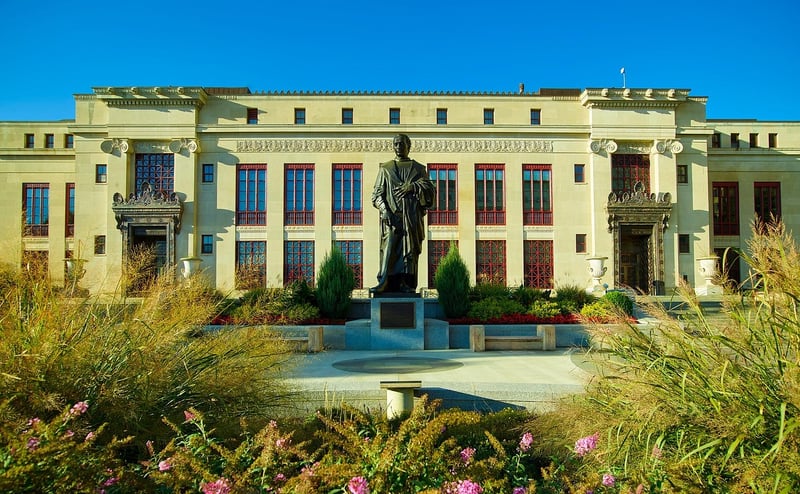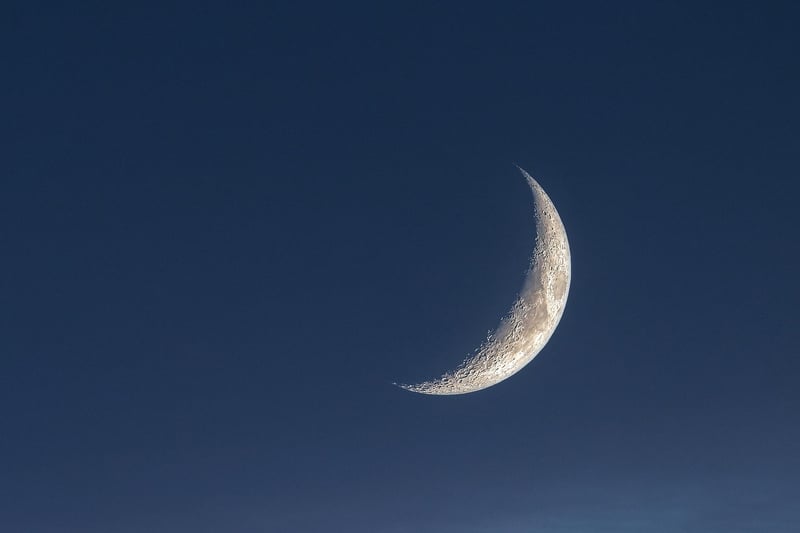Future Exploration
Exploring Different Eras and Future Exploration
Introduction
Exploring different eras and the future of exploration is a fascinating journey through time and space. From ancient civilizations to modern advancements, humanity's quest for knowledge and discovery has shaped our world in profound ways.
Ancient Era
In ancient times, explorers embarked on perilous journeys across unknown lands, seeking new territories and resources. From the voyages of ancient sailors like the Phoenicians to the expeditions of Marco Polo, exploration in this era laid the foundation for future discoveries.

Age of Discovery
The Age of Discovery saw European explorers like Christopher Columbus and Vasco da Gama traverse the seas in search of new trade routes and lands. This era marked a significant expansion of geographical knowledge and cultural exchange.

Space Age
The Space Age ushered in a new era of exploration beyond Earth's boundaries. Milestones like the moon landing and the launch of space probes have deepened our understanding of the universe and inspired future generations to reach for the stars.

Future Exploration
As we look towards the future, exploration continues to evolve with cutting-edge technologies like AI, robotics, and space telescopes. From Mars missions to deep-sea expeditions, the possibilities for discovery are endless.
Key Areas of Future Exploration:
- Space Exploration
- Deep-Sea Exploration
- Climate Research
- Bioexploration
Challenges and Opportunities
While future exploration holds great promise, it also presents unique challenges such as technological limitations and environmental concerns. By addressing these challenges, we can unlock new frontiers of knowledge and innovation.
Conclusion
Exploring different eras and the future of exploration is a testament to humanity's curiosity and resilience. By venturing into the unknown, we push the boundaries of what is possible and pave the way for a brighter tomorrow.
